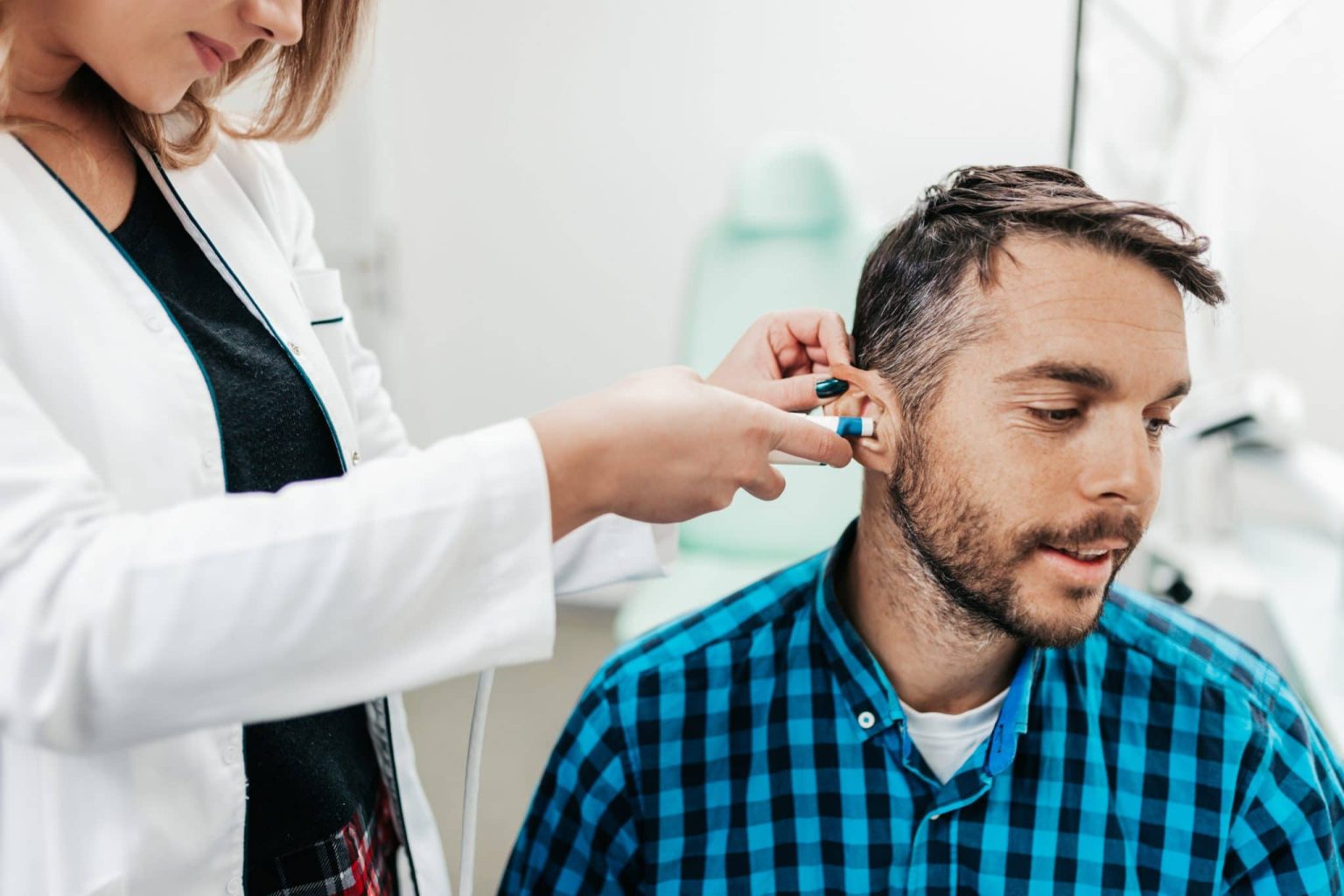Tinnitus is known as a ringing in the ear. But what exactly does that sound like? Do those experiencing this symptom hear a perpetual phone ringing in the background, or is it more like a busy signal from a phone that’s always off the hook? Below is a look at what it is really like to have tinnitus.
What Causes a Ringing in the Ear?

Tinnitus is a symptom of an underlying disorder rather than a disease itself. Most of the time, tinnitus occurs as the result of damage to the auditory system. Common causes of tinnitus include:
- Hearing loss
- Obstructions in the middle ear
- Head and neck trauma
- Temporomandibular joint disorder
- Sinus pressure and barometric trauma.
- Traumatic brain injury
- Ototoxic drugs
Additional diseases and medical conditions that contain tinnitus on their lists of symptoms include: metabolic disorders, autoimmune disorders, blood vessel disorders, psychiatric disorders, vestibular disorders and tumor-related disorders.
The inner ear is lined with hair cells responsible for converting sound vibrations into electrical impulses, which are then sent through the auditory nerve to the brain to be interpreted as sound. When these hair cells are damaged, they can begin to leak. This means the hair cells will send a signal to the brain about a sound even though none are present.
What Does Tinnitus Sound Like?
Tinnitus sounds different to every person. Most describe the sound as a buzzing, roaring, clicking, hissing, humming or ringing. The sound can be constant or sporadic, can be heard in one or both ears and may vary in pitch.
What Makes Tinnitus Worse?
Many will never find out the exact cause of their tinnitus. But there are a number of factors that can make your tinnitus more bothersome.
An evening out at The Vanguard or other loud venue can make your tinnitus temporarily worse, as exposure to high decibel sounds can put pressure on the hair cells of your inner ear. On the flip side, spending time in a quiet environment can make your tinnitus more noticeable, as there are no background noises to drown it out.
Environmental factors such as an increase in stress, a poor night’s sleep or drinking too much caffeine or alcohol can also make your tinnitus seem worse. To learn more about what you can do to find relief or to schedule an appointment with a tinnitus expert, contact Eastern Oklahoma ENT today.